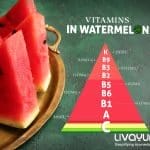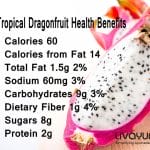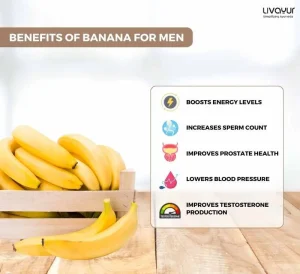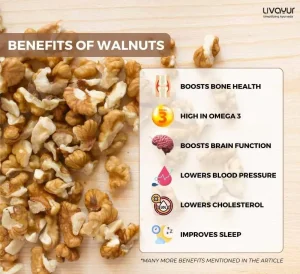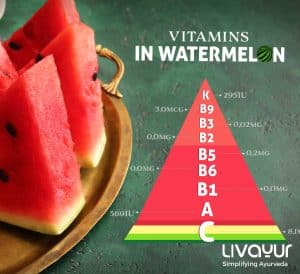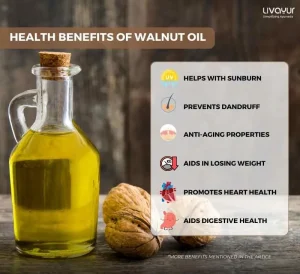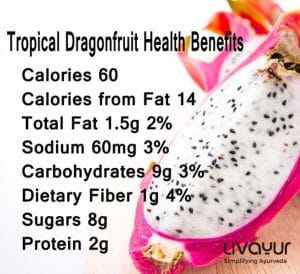
This article is reviewed by an expert
Kidney beans are large, reddish-brown beans that resemble the shape of a kidney – as suggested by the name. They are commonly used in various cuisines around the world and have long been a staple in the Indian diet. Popularly described as ‘Rajma’, kidney beans are the main ingredient in many regional dishes such as Rajma Chawal and Rajma Masala. While we’re familiar with the taste of these delicacies, how much do you know about kidney beans nutrition and potential health benefits?
Kidney Beans Nutrition
Kidney beans are a popular choice because of various nutritional features that include 1:
- Kidney Beans Calories – They are relatively low in calories with 75 grams (half cup) of cooked kidney beans containing around 100 calories.
- Kidney Beans Macronutrients – A half-cup serving of cooked kidney beans has about 113 calories, 0.5 grams of fat, 20 grams of carbs, 7.8 grams of protein and 6.7 grams of fiber.
- Kidney Beans Protein – Although useful, they are not a complete protein source as they lack some essential amino acids. For complete protein intake, you should combine them with whole grains or seeds.
- Kidney Beans Vitamins & Minerals – They are particularly rich in folate (vitamin B9), potassium, and also provide you with a good amount of iron, magnesium, phosphorus and manganese, as well as vitamins C, K and certain B vitamins.
- Kidney Beans Glycemic Value – With a low glycemic index (GI) and glycemic load (GL), kidney beans do not cause a rapid spike in blood sugar levels after eating. They may also help stabilize blood sugar, boost satiety and improve digestive health.
Kidney Beans Benefits
- Blood Sugar Regulation
Primary Benefits: The high fiber content in kidney beans helps regulate blood sugar levels by slowing down the absorption of glucose and preventing rapid spikes in blood sugar after a meal 2. They are regarded as a healthy addition even for a diabetes diet.
- Weight Management
Primary Benefits: The combination of protein and fiber in kidney beans can promote satiety, keeping you fuller for longer and potentially aiding in weight management or weight loss. In their raw form, kidney beans are also categorized as starch blockers that can delay or restrict carb absorption, aiding weight loss 3. This benefit is lost if they are cooked for over 10 minutes.
- Heart Health
Primary Benefits: Kidney beans are an excellent source of soluble fiber, which can help reduce cholesterol levels and lower the risk of heart disease. Like many other legumes, they are associated with reduced cardiovascular disease risk even in patients with diabetes 4.
- Antioxidant Activity
Secondary Benefits: Kidney beans contain various antioxidants, including flavonoids and anthocyanins, which help neutralize harmful free radicals and protect against oxidative stress and inflammation in the body 5.
- Blood Pressure Management
Primary Benefits: Kidney beans are low in sodium and high in potassium, a mineral that helps regulate blood pressure levels. Adequate potassium intake and reduced sodium intake can contribute to healthy blood pressure. Although not fully understood, research confirms these vascular health benefits 6.
- Reduced Risk Of Colon Cancer
Secondary Benefits: The high fiber content of kidney beans along with its complex antioxidant and nutritional profile has been associated with a reduced risk of colon cancer by promoting regular bowel movements and maintaining a healthy colon 7.
- Bone Health
Secondary Benefits: Kidney beans are a good source of minerals such as calcium, magnesium, and phosphorus, which are essential for maintaining strong and healthy bones. They also contain folate, which promotes joint health.

- Energy Production
Secondary Benefits: Kidney beans are rich in complex carbohydrates, which are a good source of sustained energy for the body. They also contain iron, a mineral necessary for the production of red blood cells and proper oxygen transport in the body 8. Iron deficiency is otherwise a common cause for fatigue and weakness.
- Digestive Health
Primary Benefits: The fiber in kidney beans supports a healthy digestive system, aids in preventing constipation, and promotes the growth of beneficial gut bacteria as it works as a natural prebiotic 9.
- Anti-Inflammatory Properties
Secondary Benefits: The antioxidants and phytonutrients present in kidney beans have anti-inflammatory effects, which can help reduce inflammation in the body and lower the risk of chronic diseases.
- Improved Brain Health
Secondary Benefits: Kidney beans contain nutrients like folate and thiamine, which are essential for brain function and cognitive health, potentially reducing the risk of age-related cognitive decline. As demonstrated in research, the mechanism behind these cognitive benefits is a lot more complex, also involving antioxidant protection and more 10.
- Muscle Health
Secondary Benefits: Kidney beans are a good source of plant-based protein, which is essential for muscle growth, repair, and maintenance. However, they must be part of a balanced diet to ensure complete protein intake.
Conclusion
It’s worth noting that the nutritional composition may vary slightly depending on the cooking method and specific variety of kidney beans. Nonetheless, kidney beans are a nutritious addition to a balanced diet, providing a good amount of protein, fiber, vitamins, and minerals while being relatively low in calories and fat.
FAQs
Can I have kidney beans daily?
Yes, but they should be eaten in moderation as part of a healthy balanced diet. Focusing on just one healthy food increases the risk of nutritional deficiencies or excess.
Do kidney beans cause gas?
As a complex carb with high fiber content, kidney beans take longer to digest. This can be problematic for some people, increasing the risk of gas and bloating.
What is the recommended limit if eating daily?
You can safely consume half a cup of kidney beans a day, but it is advisable to maintain a varied diet, including different beans, whole grains, fruits and veggies.
Disclaimer: This article is written from a health and lifestyle perspective. It is for general information and not meant to substitute any medical advice. Please consult your doctor for appropriate medical consultation.
References:
- https://fdc.nal.usda.gov/fdc-app.html#/food-details/175194/nutrients
- https://nutritionj.biomedcentral.com/articles/10.1186/1475-2891-11-23
- https://www.cambridge.org/core/journals/british-journal-of-nutrition/article/nutraceutical-role-of-the-phaseolus-vulgaris-amylase-inhibitor/8616AE1AC19B63572BF31BC95295FF78
- https://jamanetwork.com/journals/jamainternalmedicine/fullarticle/1384247
- https://www.sciencedirect.com/science/article/abs/pii/S1756464616302444
- https://pubmed.ncbi.nlm.nih.gov/32917495/
- https://www.ncbi.nlm.nih.gov/pmc/articles/PMC1713264/
- https://onlinelibrary.wiley.com/doi/full/10.1002/leg3.193
- https://www.ncbi.nlm.nih.gov/pmc/articles/PMC9100130/
- https://actascientific.com/ASNE/pdf/ASNE-05-0561.pdf





